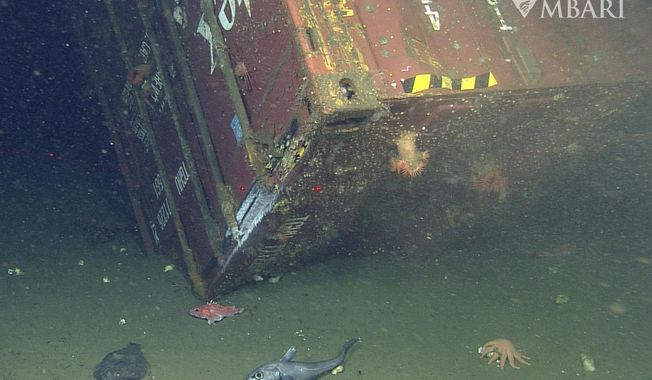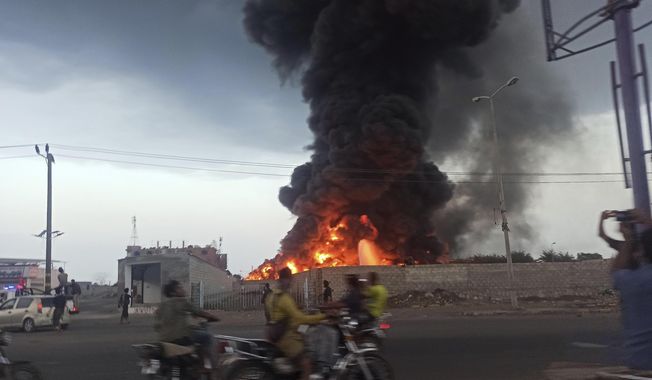
FILE - In this Sunday, May 21, 2017 file photo, David Beasley, the new executive director of the World Food Programme, speaks to The Associated Press, in Amman, Jordan. The data technology that underpins virtual currencies like bitcoin is now also used to deliver aid more efficiently by dramatically lowering the risk of bribes and fraud by local officials _ a huge, longstanding problem in the industry. The so-called blockchain keeps a record of all transactions and buyers, making sure recipients get their goods without the added costs of graft or bank transfer fees. The UN’s World Food Programme has been testing the use of blockchain technology since 2017 to manage aid for over 100,000 refugees in camps in Jordan, which hosts over 740,000 people from neighboring countries like war-torn Syria. (AP Photo/Omar Akour, file)
Featured Photo Galleries














